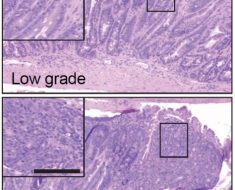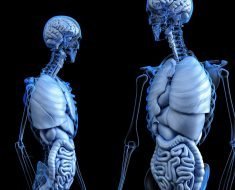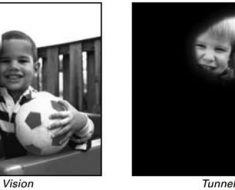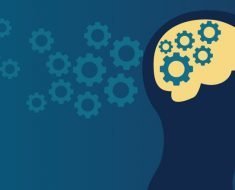Disease management programmes (DMPs) must be updated at regular intervals to adapt them to the current state of medical knowledge. The German Institute for Quality and Efficiency in Health Care (IQWiG) therefore searched for current evidence-based clinical practice guidelines on coronary heart disease (CHD), summarized their recommendations in key statements, and checked whether these resulted in a need for updating. The final report is now available. According to the findings, the researchers see a need for updating in all health care aspects, except for “rehabilitation”. “Monitoring and follow-up” as well as “specific forms of angina pectoris” could be included as new aspects in the DMP.
Third update
The Federal Joint Committee (G-BA) has the statutory commission to check at regular intervals whether DMPs are still consistent with the current state of scientific knowledge and to update them if necessary. For the DMP “CHD” implemented in 2003, the Institute had already conducted a corresponding literature search and evaluation of guidelines twice, with the results presented in 2008 and in 2011.
The researchers now found that the scientific basis for an update has notably broadened in the last 10 years: Both the number of guidelines included in the IQWiG reports and the number of recommendations evaluated have doubled. There are now 44 guidelines including approximately 1959 recommendations. At the same time, the quality of the guidelines has also improved, making them more usable for IQWiG.
No need for updating for “rehabilitation”
IQWiG was able to evaluate further guidelines in comparison with the preliminary report. It was therefore possible to formulate additional key statements. This particularly applied to the topics “drug treatment” and “rehabilitation”. Only for the aspect “therapy goals” were key statements still not possible.
A need for updating was recognized in almost all health care aspects. The only exception was “rehabilitation”. The researchers identified two additional topics that are not yet represented in the DMP: “monitoring and follow-up” and “specific forms of angina”. Hence, the DMP could be supplemented with these aspects.
Finally, the comparison with the current guidelines showed that none of the items used so far in the DMP directive has become outdated.
Accompanying diseases addressed more frequently
The guidelines now address accompanying diseases in more detail. CHD patients in particular often have other health problems besides their heart condition, such as diabetes mellitus or lipid metabolism disorders.
IQWiG identified deficits regarding the aspect “training”, however: With one exception, this was not addressed in the more recent guidelines. In the older guidelines, in contrast, recommendations for trainings were more common.
Are there enough exercise training groups for heart patients?
Regular physical activity, particularly so-called coronary rehabilitation exercise, has been recommended by national and international guidelines for a long time. Apparently, patients find this difficult to implement, however. This was also pointed out by the external experts of the Institute. Only about 2% of CHD patients in Germany participate in special exercise training groups for heart patients. One reason may be that not enough of these groups exist. In Germany, a physician always has to be present in these special exercise training groups for heart patients. However, the physician can attend to three groups at the same time.
Process of report production
Source: Read Full Article





